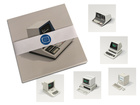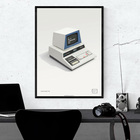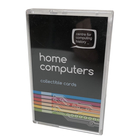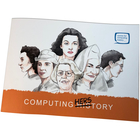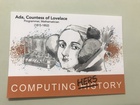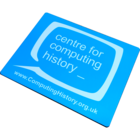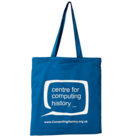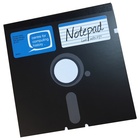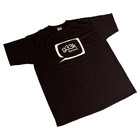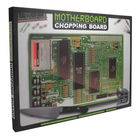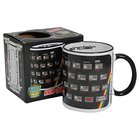The First Book of Ohio Scientific Vol. 1
| Home > Browse Our Collection > Books > Ohio Scientific > The First Book of Ohio Scientific Vol. 1 |
|
Reviewed in December 1980 edition of Practical Computing: "Ohio Scientific is a company dedicated to making and selling microcomputer systems. Its Challenger and Superboard ranges of machines are well known in this country and are sold widely. Unfortunately, there has been a shortage of technical documentation readily available for Ohio Scientific hardware and software - that is the gap which Elcomp is attempting to fill. The book is bursting with information. Articles have been collected from many sources, arranged into some semblance of order, and published. The whole collection exudes enthusiasm, energy and haste. The level of information presented ranges from manufacturers' to detailed explanations of debugging; from starting Basic, to machine-code monitor routine listings; from building an RS232 interface for the Challenger C-1P, to a program to circumvent the garbage collection problem in computers with Ohio Scientific Basic in ROM. Only you can tell if it is the book you need, and only then, by looking at the contents list to see if the information you want is there. My guess, however, is that owners of Challenger or Superboard systems will feel much happier with the book on their shelf where they can refer to it if they want it in a hurry. Elcomp has already announced two further volumes of the series, and more are planned. Volume two covers the Ohio Scientific-65D disc-operating system Version 2.0, the OS-65U operating system and editor, the Ohio Scientific WP-2 word processor and much more. Volume three is intended for hardware buffs who want expansion and interface details for their systems." This example in our collection was kindly donated by Michael J Davis. ISBN :Publisher : Elcomp Publishing Company Author : J. Clothier & W. Adams Format : Paperback; 188 pages This exhibit has a reference ID of CH6978. Please quote this reference ID in any communication with the Centre for Computing History. |


